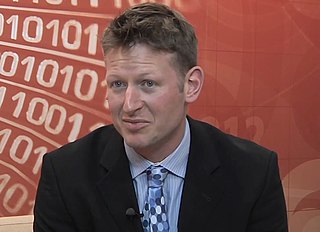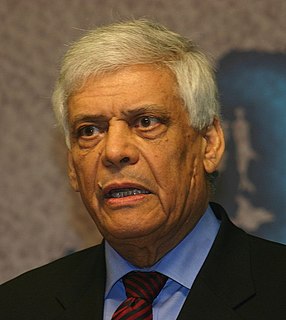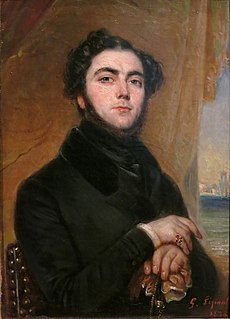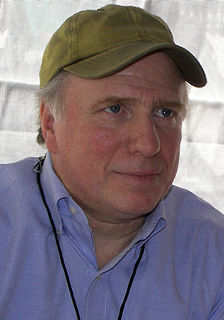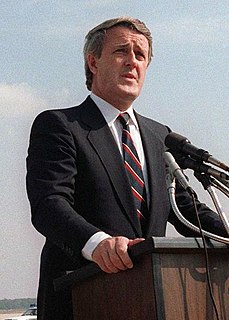A Quote by Mark Lynas
Once the 'portals of the future close - in Amazonia, Siberia or the Arctic - we will find ourselves powerless to affect the outcome of this dreadful tale.
Related Quotes
- "Women should all move to Amazonia, or at least vacation there four times a year." - "Amazonia?" - "It's the girl world in my head, where I go when I'm annoyed with Carter, or just men in general. There are five shoe stores per capita, nothing has any calories, and all the books and movies end happy ever after." - "I like Amazonia. When do we leave?
The close relationships between the abrupt ups and downs of solar activity and of temperature that I have identified occur locally in coastal Greenland; regionally in the Arctic Pacific and north Atlantic; and hemispherically for the whole circum-Arctic, suggesting that changes in solar activity drive Arctic and perhaps even global climate.
In the future, women will have breasts all over. In the future, it will be a relief to find a place without culture. In the future, plates of food will have names and titles. In the future, we will all drive standing up. In the future, love will be taught on television and by listening to pop songs.
ACT UP was trying to explain to Americans that AIDS could affect all of us: that health care that ended once your disease was expensive could affect more than gay men with HIV or AIDS. We were trying to tell them about the future - a future they didn't yet see and would be forced to accept if they failed to act.
When we choose to be parents, we accept another human being as part of ourselves, and a large part of our emotional selves will stay with that person as long as we live. From that time on, there will be another person on this earth whose orbit around us will affect us as surely as the moon affects the tides, and affect us in some ways more deeply than anyone else can. Our children are extensions of ourselves.
